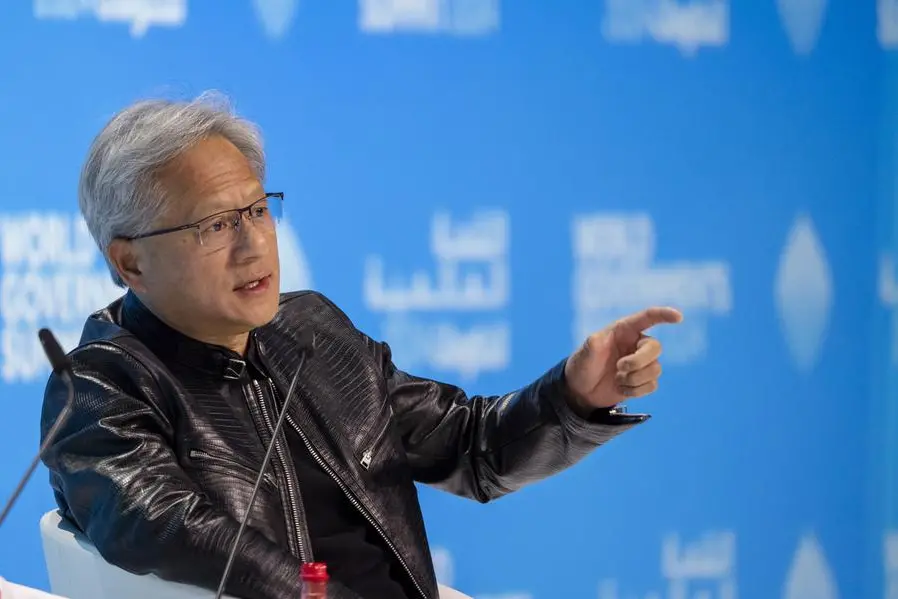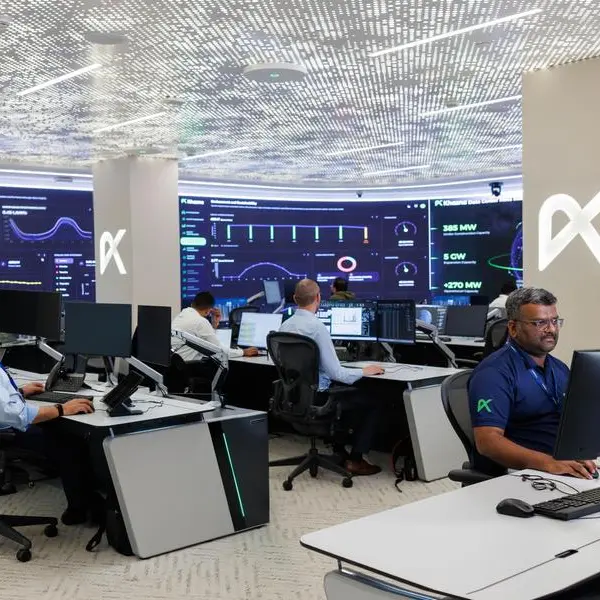PHOTO
Every country needs to own the production of their own artificial intelligence (AI) and this is possible by developing sovereign AI, Jensen Huang, the founder and CEO of Nvidia, the world’s most valuable chipmaker, said at the World Government Summit (WGS) held in Dubai.
"You own your own data; nobody [else] owns it. Your country owns the data; it codifies your culture, your society's intelligence, your common sense, your history. You therefore must take that data, refine that data and own your own national intelligence. You cannot allow that to be done by other people," Huang said to Omar Sultan AlOlama, Minister of State for AI, Digital Economy and Remote Work Applications, UAE, during a session at the WGS.
Huang has been advocating that each country develop not only its own AI infrastructure but also a national strategy to keep data and intelligence that can only be extracted locally.
Analysts expect Nvidia to post a revenue of $18.8 billion, a 211% jump compared to 2022, mainly triggered by the AI spending of its biggest customers, such as Microsoft and Meta.
"Now that we have democratised the infrastructure of AI, the rest of it is really up to you to take the initiative, activate your industry and build the infrastructure as fast as you can, so that researchers, companies and the government can take advantage of the infrastructure to go and create your own AI," Huang told the UAE minister.
Huang also reiterated the need for countries to start building AI infrastructure. "If you want to automate the creation of AI, you need to build the infrastructure. It’s not that costly. It’s also not that hard,” Huang said.
"The first thing I will do is to codify the language, the data of your culture into your own large language model," he added.
He cited examples of companies such as Saudi Aramco and Abu Dhabi's CORE 42 working on codifying the Arabic language.
According to a Reuters report, Nvidia is developing a new business unit for designing bespoke chips for cloud computing firms and others, including advanced AI processors.
(Writing by Seban Scaria seban.scaria@lseg.com; editing by Bindu Rai)




















